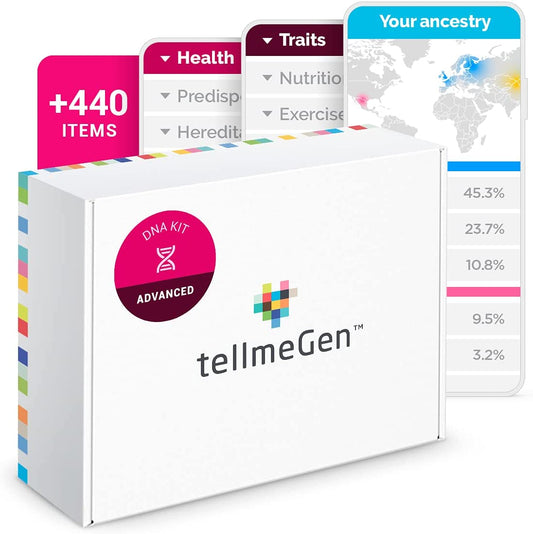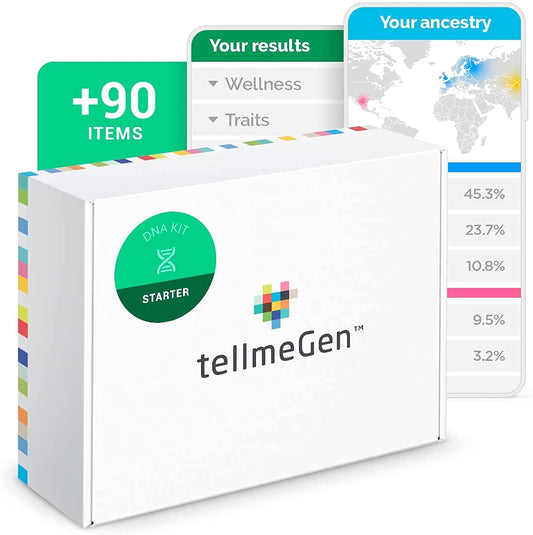Vitamin D is a crucial nutrient that plays a vital role in maintaining our health. It is responsible for regulating calcium and phosphate levels, maintaining bone integrity, and regulating the immune system. While we can obtain this vitamin from fatty fish, eggs, or cod liver oil, the primary source of vitamin D synthesis is sun exposure.
In humans, 90% of vitamin D is synthesized in the skin by the action of sunlight. However, recent studies have revealed that the synthesis and efficiency of vitamin D production are heavily influenced by genetics. In other words, our genetics play a significant role in determining how well our bodies can absorb and use vitamin D.
It is estimated that 80% of the world's population has low vitamin D levels, which can lead to a decrease in bone mineralization, osteoporosis, cognitive impairment, and predisposition to diseases such as cancer or diabetes. Therefore, it is crucial to be aware of our vitamin D levels and take necessary measures to prevent deficiencies.
One way to determine if we are genetically predisposed to vitamin D deficiency is through genetic testing. Companies like tellmeGen offer genetic tests that can identify variations in genes associated with vitamin D metabolism. With this information, individuals can take appropriate measures, such as taking supplements or increasing sun exposure, to minimize the risks associated with vitamin D deficiency.
In conclusion, vitamin D is an essential nutrient that is vital for maintaining our overall health. While sun exposure and dietary sources are critical for obtaining vitamin D, our genetics can significantly impact how well our bodies can absorb and utilize this essential nutrient. Therefore, it is crucial to be aware of our vitamin D levels and take necessary measures to prevent deficiencies.















